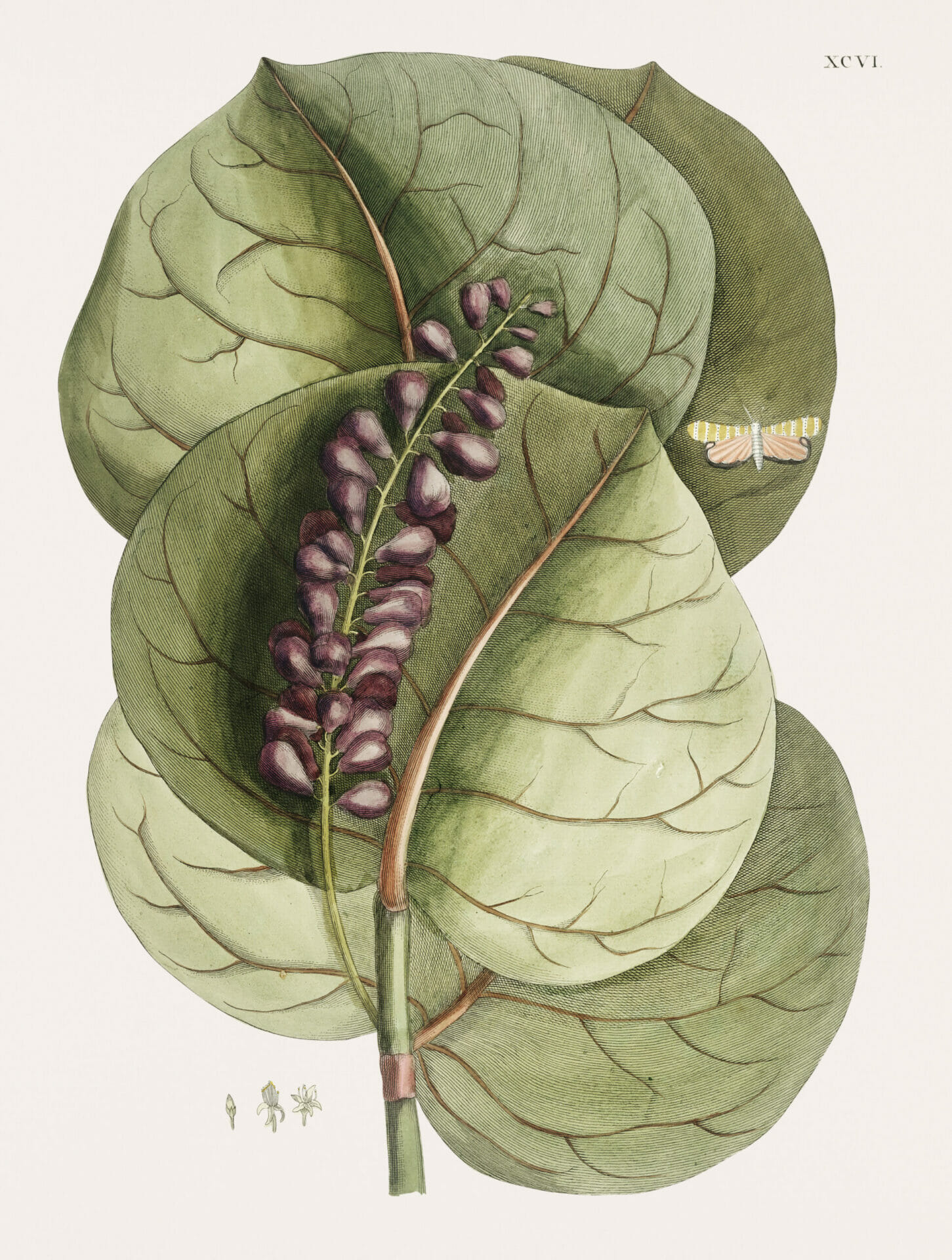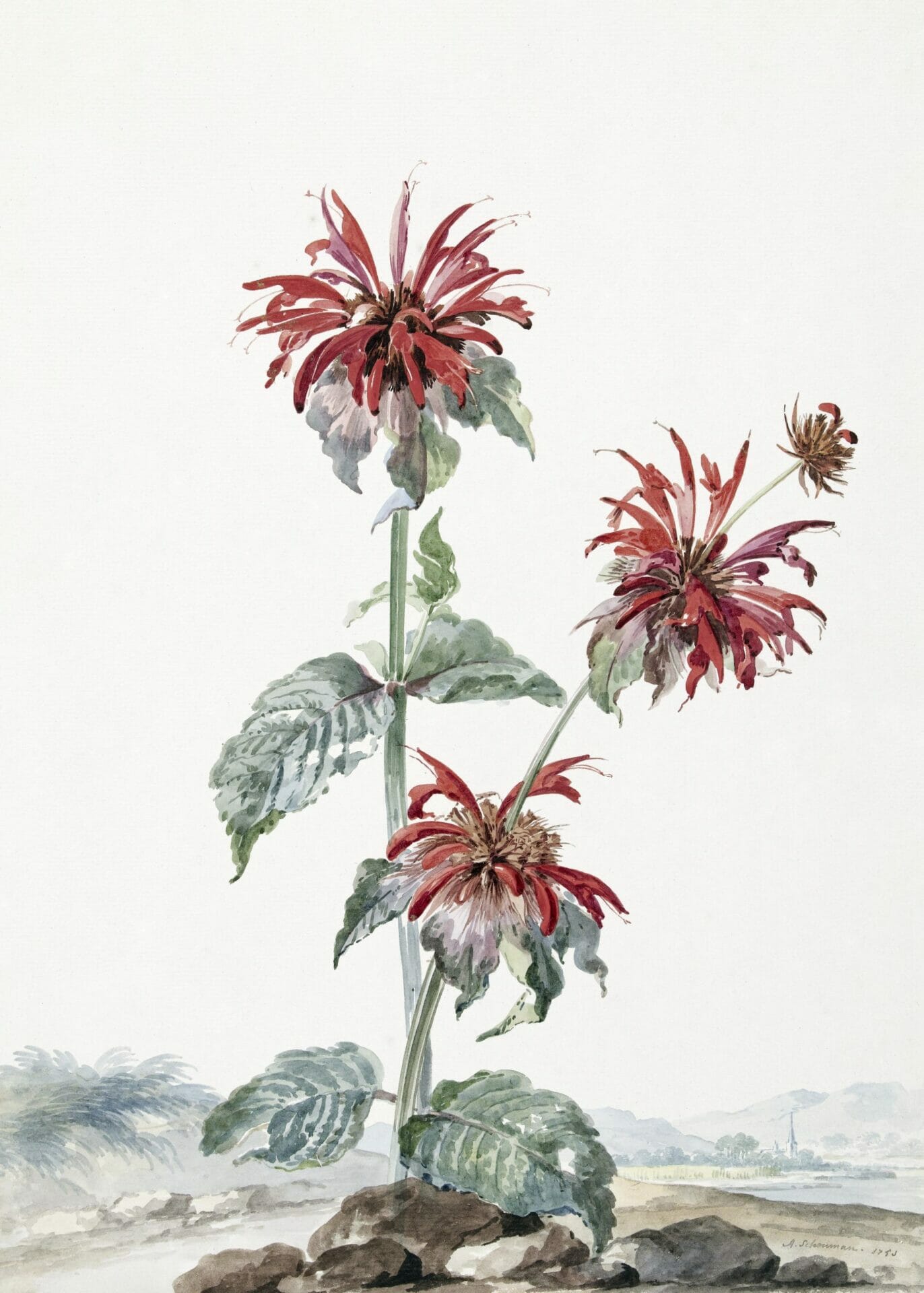
History Project | The Legacy of Nuclear Testing
Author
Format
Length
By
Defined as Jetñil-Kijiner’s “most searing and wide-ranging condemnations of US nuclear testing in the Marshall Islands” by literary critic Michelle Keown, History Project is a poem written by the Marshallese poet and performer Kathy Jetñil-Kijiner to raise awareness about a recent piece of history. First published in 2011, this poem has become part of a collection titled Iep Jaltok: Poems from a Marshallese Daughter, in which the author explores topics ranging from the nuclearisation of the Pacific Ocean to the climate crisis.
Time to learn my own history
History Project is told from the perspective of a 15-year-old girl of Marshallese origins who enters a district-wide school competition called History Day with a project on nuclear testing in the Pacific Ocean. She decides it is “time to learn my own history”, so she starts reading and researching through books, articles, websites, and archives, to piece together fragments of a seemingly forgotten history.
I weave through book after
article after
website
all on how the US military once used
my island home
for nuclear testing
Thus, the poem’s title could be interpreted in two main ways: on the one hand, as a direct reference to the project the narrator has to write; on the other hand, to nuclear tests as being part of a plan, carried out to measure the effectiveness and impact of nuclear weapons. These experiments had both short and long-term effects on the people caught inside contamination zones, such as radiation sickness, spontaneous abortion and birth defects: a human-made catastrophe, evoking other nuclear events such as those portrayed by Craig Mazin in his HBO miniseries Chernobyl.
For the good of mankind
After mentioning some of the consequences of exposure to nuclear radiation, the author stops to ironically remind her readers about the words pronounced by the U.S. Navy Commodore Ben Wyatt in front of the inhabitants of the Bikini Atoll. As a senior American naval officer, Wyatt was the governor of the Marshall Islands in 1946-47, and responsible for relocating the islanders from Bikini Atoll prior to nuclear tests taking place:
and my islander ancestors
crosslegged before a general
listening to his
fairy tale
about how it’s
for the good of mankind
While telling this “fairy tale”, an event which was documented for the Life magazine, Ben Wyatt likened the fate of Bikinians to that of Israelites, as if their destiny was to be guided towards a Promised Land, and asked for their permission to proceed with the operations. In fact, the project had already been approved by Harry S. Truman, then president of the U.S., and islanders did have no choice but to accept relocation to Rongerik Atoll, where they suffered from malnutrition because of a lack of potable water and sustainable food resources.
Operation Crossroads
Another episode mentioned by Jetñil-Kijiner in her poem is that of the Operation Crossroads:
At one point in my research I stumble
along a photograph
of goats
tied to American ships
bored and munching on tubs of grass
At the bottom a caption read
Goats and pigs were left on naval ships as test subjects.
Thousands
of letters flew in from America
protesting
animal abuse.
The operation, which involved two explosions, was set to study the effects of nuclear weapons and radiation on warships; therefore, the target ships were positioned in the Bikini Atoll lagoon, and some of them were loaded with live animals, such as goats, pigs, and rats. The outcome of the experiment was that, even if shots missed their targets, the crew of surrounding ships would die as a result of nuclear radiation and radioactive fallout. Besides the cruelty of these tests, what is implicit in the poet’s criticism is the fact that people living on neighboring atolls did experience the consequences of contamination, but that did not provoke the same kind of international outrage as animal abuse did.
Three balding white judges
Indignant about all she has learned while researching, the narrator accomplishes her project, which she titles For the Good of Mankind, and enters the school competition. In spite of her thorough research and commitment to exposing historical wrongs and injustices, the judges misinterpret her intentions. Thus, with an anticlimactic move, the author ends by saying:
and when the three balding white judges finally came around to my project
one of them looked at it and said
Yea…
but it wasn’t really
for the good of mankind, though
was it?
And I lost.
History Project is one example of Kathy Jetñil-Kijiner’s active commitment in fighting against forgetfulness to achieve social justice and redress historical wrongs. Her blog, where she publishes news, poems and video performances, is accessible online and constitutes a platform to navigate some of the most pressing concerns over the past, present and future of her the Marshall Islands and of their inhabitants.
Tag
Buy a ☕ for Hypercritic









